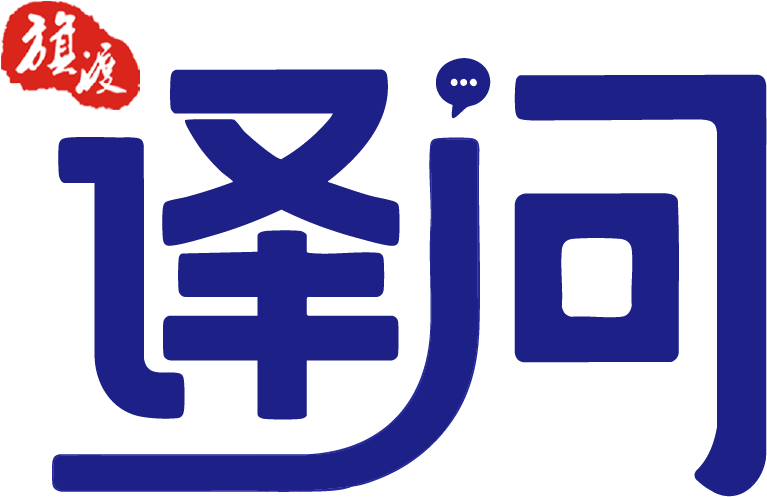“Market Stand-Off” Agreement可译为“市场锁定”协议,与企业的IPO相关,是指企业在IPO后一段时间内持有企业股份的特定内部人员不得出售其持有的股份的约束性条款,又称为“Lockup”条款,与我国新股上市后原股东的限售期规定起到相同作用。标准的standoff或lockup期限为180天。该条款通常会在股权投资协议中出现,但在企业IPO时,股票承销商为了避免承销股票遭受损失,也会要求企业签订该条款。
A market standoff agreement prevents insiders of a company from selling their shares in the market for a specified number of days after an initial public offering (IPO). The underwriter banks to the issue and the business insiders execute the agreement. The market standoff term is generally 180 days but can vary from as little as 90 days to as much as one year. These agreements are also known as lock-up agreements.(来自Investopedia)
例句1
Market standoff agreements allow the market to absorb the sale of all new shares of stock issued in an initial public offering (IPO).
市场锁定协议允许市场纳入首次公开发行的所有新股的出售。
例句2
Market standoff agreements are usually required by brokerage houses when they are hired to market and underwrite an IPO.
当雇佣经纪商来出售和承销首次公开募股时,通常需要达成市场锁定协议。
例句3
Market stand-off agreements prohibit company insiders—including employees, their friends and family, and venture capitalists—from selling their shares for a set period of time. In other words, the shares are "locked up."
市场锁定协议禁止公司内部人员,包括员工、其朋友和家人,以及风险资本家在一段时间内出售其持有股份。换言之,股票被“锁定”。

